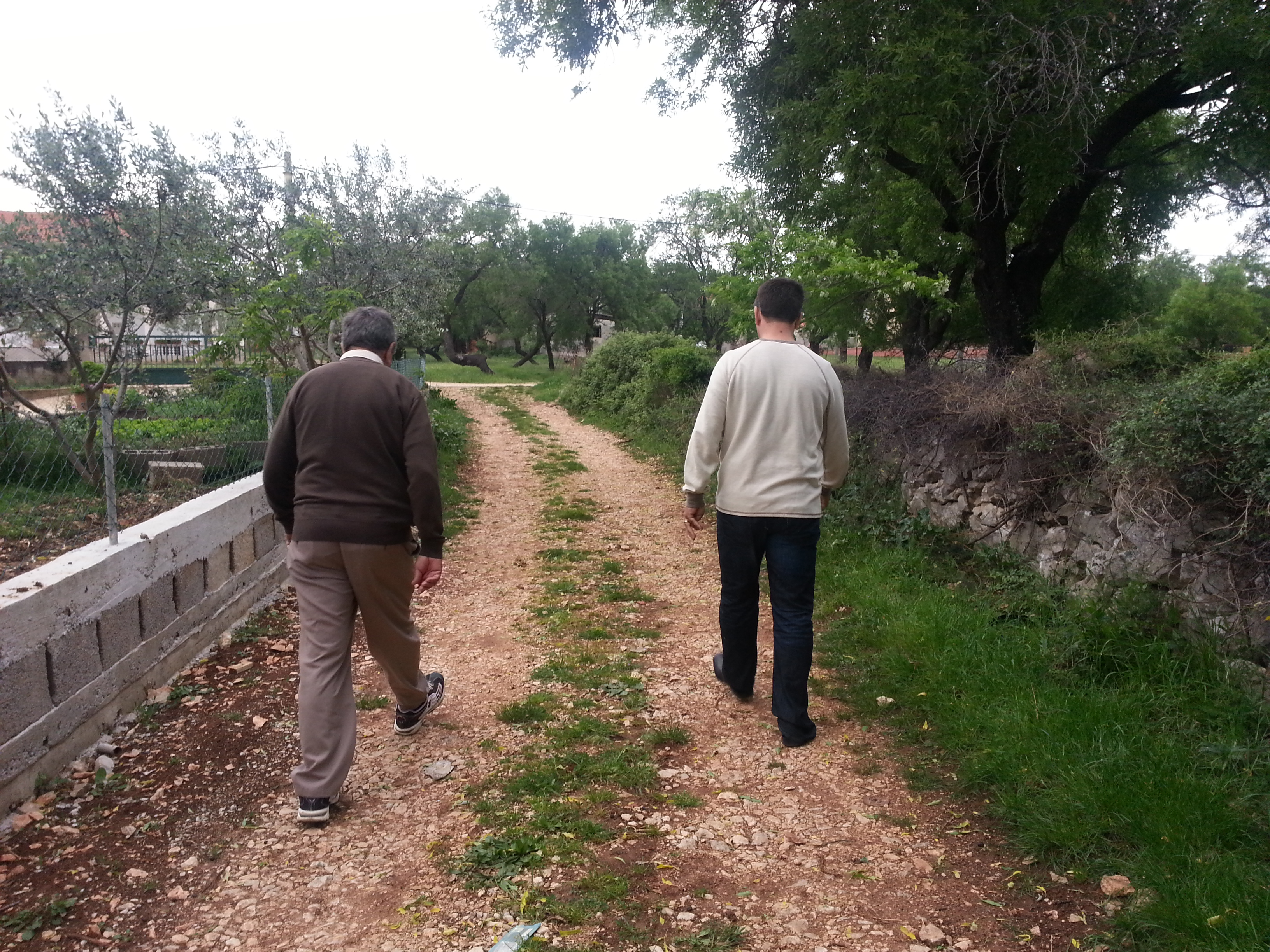Olive oil smoke point makes for a hot topic. The question on everybody’s mind is, “Can I use olive oil for cooking?” Well, it depends on what you mean by olive oil, and sometimes on much how good fat your particular blend contains. If you are cooking with an olive oil that has a higher ratio… Continue reading Olive Oil Smoke Point: Safe For Cooking?
Tag: Selo
On The Possible Arabic Etymology Of Selo
There are many words that, despite their origin in different language histories, sound very similar to one another. These are called false cognates¹: For instance, while the Hebrew word חוצפה chutzpah means “impudence,” its Classical Arabic cognate حصافة ḥaṣāfah means “sound judgment.” But not often (perhaps never) do false cognates, with different etymologies, also possess similar meanings. There… Continue reading On The Possible Arabic Etymology Of Selo
Selo Ethics #4 — An Eye For An Eye Is Fair
Two good friends are sitting on the bank of the Danube river, where after an evening of fishing they are surprised by a strange creature.
Should I Move To The Selo?
I’m boring, I don’t drink anymore. But when I did and it was 10am, it was brandy. Preferably rakija. Only the best. — Tony Hrvatska 🇭🇷🇯🇪 (@tonybalogna) August 23, 2018 This is quite possibly the greatest philosophical question of all time, and something that I will probably have to decide coming up very shortly. No,… Continue reading Should I Move To The Selo?
Selomachean Ethics #4 — Barefoot with the Bull
A son calls his mother from his studio apartment in San Francisco. She lives in the selo, back in the Old Country. Frank: Mama, iman ti nešto reć! (Mom, I’ve got something to tell you!)
Selo Ethics #1 — Introduction: The Paradox of Work
We all die, and we all want things before we die. Some of us want to avoid things (like pain), and some or all people (NEETs suffer disproportionately from agoraphobia). But we have to use others to get those things. And others have to use us. Often, trade is good. For some, effort is externality.… Continue reading Selo Ethics #1 — Introduction: The Paradox of Work





